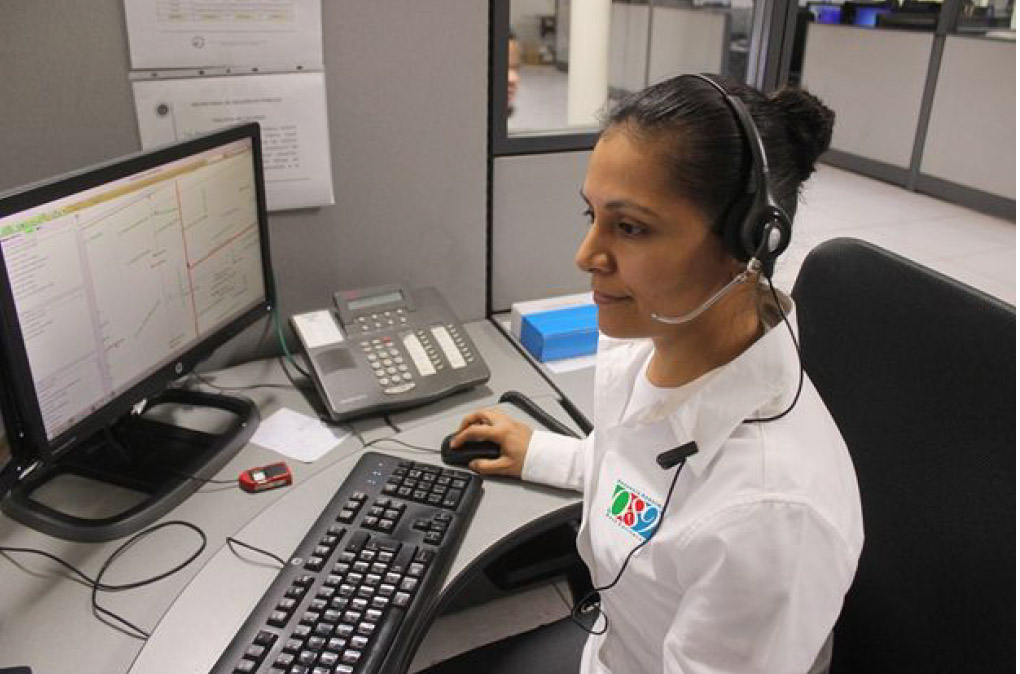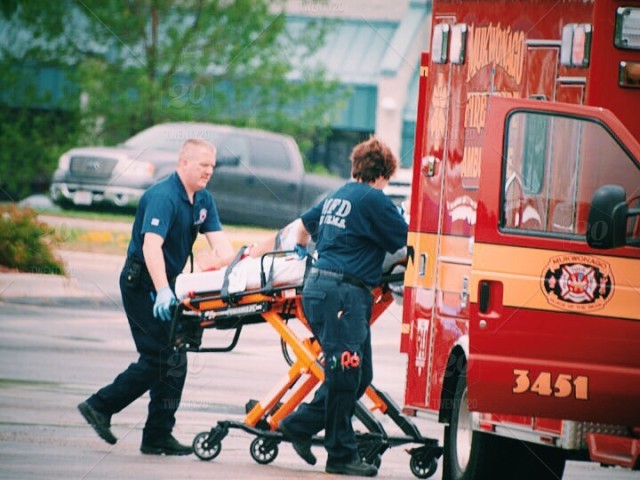Corti, a Danish startup, recently released a software using artificial intelligence which will help emergency dispatchers scan for indicators of cardiac arrest during emergency calls. The testing period across Europe is set to begin soon. The testing period will last for a year, and will be implemented in four European countries. The AI is expected to enable dispatchers to simplify, improve, and expedite the decision making process during emergency calls.
95 Percent Detection Rate
Cardiac arrests take place when there is an electrical fault which induces the heart to stop beating. Immediate detection is crucial in cases of cardiac arrests because every minute that goes by without treatment lowers the patient’s chances of survival by 7 to 10 percent. Estimates show that the AI outperforms human dispatchers with a detection rate that is 20.2 percent higher. It is also 31 seconds faster compared to a human dispatcher.

The software’s algorithms are designed to identify cardiac arrest that happen in the home or out in public more quickly and more accurately, and consequently, increase their chances of survival.
It makes it easier for the dispatcher to react correctly and promptly in life and death situations.
During an emergency call, the AI will, essentially, be listening in to the conversation. The AI will analyze and compare the data collected during the call to the historical data gathered from millions of past emergency calls. This is made possible by deep learning neural networks that are collectively referred to as machine learning.
Enhancing Instead of Replacing Human Input
Although the AI has led to high expectations in the medical community, Corti emphasizes that the software is not designed to completely replace human input. The software will not be able to explain how it arrives at its decisions. That is, while the AI learns through examining sizable data sets and checking for patterns that match the usual indicators of a cardiac arrest. However, the AI’s design does not allow it to discuss which patterns it identifies or how it weighs such patterns.
Even though the software will most likely make the correct decision, it can also fail to consider human subtleties. It may even make the wrong call when confronted with situations that it has not encountered before. Because of this, the AI is not mean to completely replace a human dispatcher but only offer guidance in the latter’s work. For instance, when callers are asked whether or not the patient is still breathing, most of the time, the callers will say yes because they want it to be true. It is still unknown whether or not the AI will recognize nuanced situations like this.
In most cardiac arrest cases, medical choices and decisions from the immediately family of the patient will have to be made quickly. If the patient prefers a specific course of action during medical emergencies, such as “do not resuscitate” order, it is always advisable to consult the cheapest notary Amsterdam services first. They will be able to notarize your power of attorney and ensure that the patients’ wishes are carried out, even when he is unable to express them. To find which one is right for you, make sure that you shop around and compare notary costs first before making your final decision.





